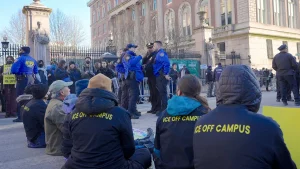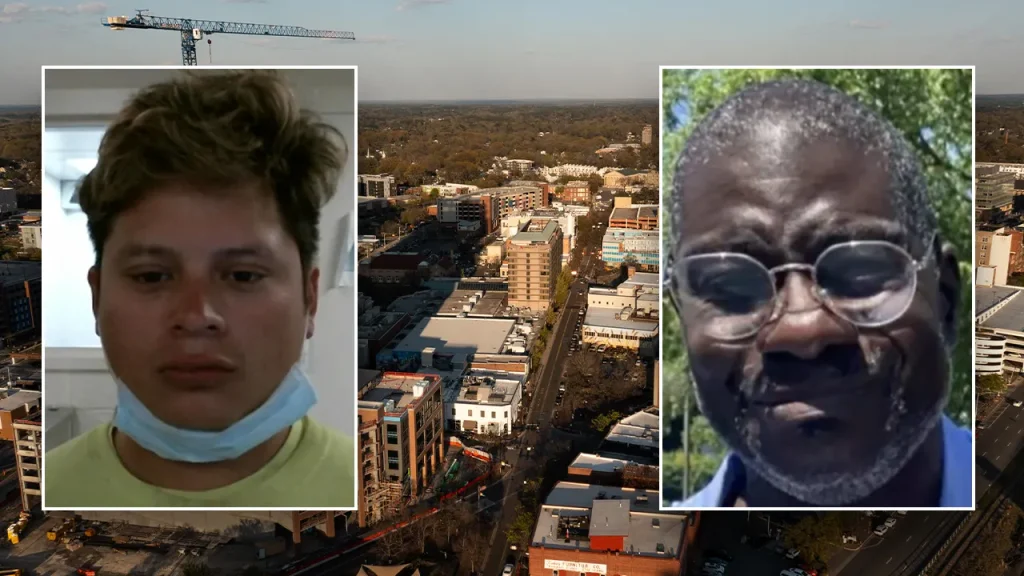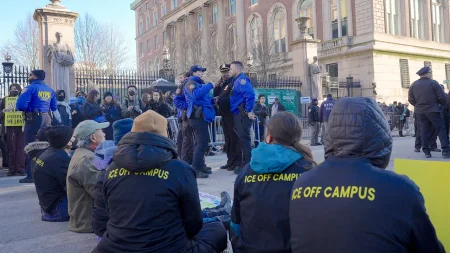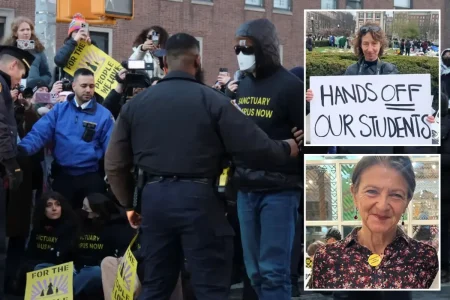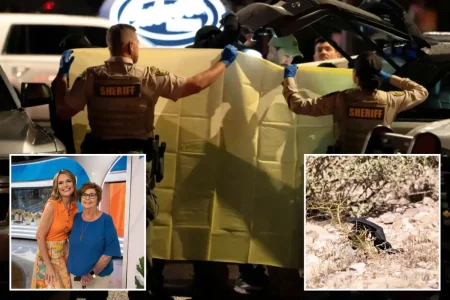Tragedy Strikes as Deportee Allegedly Kills North Carolina Man in Hit-and-Run
In a heart-wrenching incident that has reignited debates about immigration enforcement, the Department of Homeland Security (DHS) reports that Wilmer Fuentes Mejia, a previously deported Guatemalan immigrant, allegedly killed 61-year-old Richard Ferguson Jr. in Durham, North Carolina on September 13. The tragedy occurred when Mejia reportedly drove off the road, struck two signs, and then fatally hit Ferguson in a hit-and-run collision. In response, Immigration and Customs Enforcement (ICE) has lodged an immigration detainer for Mejia, signaling their intent to take custody of him following any potential release from local authorities. This case has become emblematic of concerns about the intersection of immigration policy, public safety, and the human cost when systems fail.
Ferguson’s death has left a profound void in his community and family. His brother, Reginald Ferguson, shared touching memories of how Richard had stood by him during a difficult battle with drug addiction two decades ago. “Never once gave up on me,” Reginald reflected, highlighting his brother’s unwavering support through his darkest times. This personal testimony underscores the human dimension of this tragedy—Richard Ferguson Jr. wasn’t just a statistic in an immigration debate but a beloved family member who had positively impacted others’ lives through his compassion and steadfast support. As Reginald poignantly stated, “He didn’t deserve to get killed and leave this earth,” a sentiment that resonates regardless of political positions on immigration.
Mejia’s history in the United States reveals a complex pattern of immigration violations and criminal behavior. According to DHS officials, he first entered the country illegally in 2015 during the Obama administration and was released into the United States. In December 2019, an immigration judge ordered his removal, and ICE successfully deported him in 2020 during the Trump administration. However, Mejia subsequently re-entered the country illegally. His criminal record includes prior arrests for assault and multiple instances of driving under the influence. At the time of the fatal incident, Mejia reportedly had an outstanding arrest warrant for a 2020 DWI after failing to appear in court—raising questions about missed opportunities to prevent this tragedy.
DHS Assistant Secretary Tricia McLaughlin did not mince words when discussing the case, referring to Mejia as “a criminal illegal alien” with a history of driving while intoxicated who was allowed to “walk free after multiple DUIs only to then cause this fatal hit-and-run.” Her statement reflects frustration with what some perceive as systemic failures in both immigration enforcement and local criminal justice procedures. McLaughlin emphasized that “Richard Ferguson Jr. will get justice” and noted that the immigration detainer was filed to ensure that Mejia isn’t “released back onto America’s streets,” highlighting the tension between local law enforcement priorities and federal immigration enforcement objectives.
This case emerges against the backdrop of ongoing national debates about immigration policies and their implementation. Critics of current policies point to incidents like this as evidence of dangerous gaps in the system, while others caution against using individual tragedies to characterize entire immigrant populations. The fact that Mejia had previously been deported but managed to re-enter the country illegally raises questions about border security and the effectiveness of deportation as a deterrent. Additionally, his apparent ability to avoid consequences for previous driving infractions until this fatal incident points to potential disconnects between different law enforcement agencies and jurisdictions that might have contributed to this preventable tragedy.
Ultimately, the death of Richard Ferguson Jr. represents more than a policy debate—it’s a human tragedy with rippling effects through a family and community. His brother’s testimony about Richard’s supportive character during his struggle with addiction highlights what has been lost: a man who stood by others in their darkest moments. As this case proceeds through the justice system, it will likely continue to inform conversations about immigration enforcement, criminal justice coordination, and how societies balance competing priorities of openness and security. Meanwhile, a family mourns a brother who, as they put it, simply “didn’t deserve” such a fate—a sentiment that transcends political divides and reminds us of the human stakes in these complex policy discussions.


